By Everton Bailey Jr.

Almost a month before Dallas voters can begin casting early ballots for or against a $1.25 billion bond program, they still don’t have a final list of projects the bond money could cover.
Dallas city officials had said they planned to make the full project list available by the end of February. But it remains un- known when the itemized list of streets, parks, housing projects and other infrastructure upgrades will be made public. Early voting is April 22-30, and election day is May 4.
Jennifer Nicewander, director of the city’s bond and construction management office, and Robert Perez, an assistant city manager who oversees the bond office and other city infrastructure and transportation-related departments, didn’t respond to requests for comment Monday about when the list would be public. Perez told the City Council in February that the goal was to have the list finalized by the end of that month.
City officials had planned to host town hall meetings to educate voters about the bond plans ahead of the election, but they have scrapped those plans.
In a March 8 memo to the City Council, Perez said the city-sanctioned meetings were being canceled after hearing from the city attorney’s office. The office did not order that the meetings to be canceled, but said state law pro-hibits public money from being used for political advertising or for communications that could likely influence a voter’s decision.
“Any informational townhall meetings would be restricted to the ballot language, proposition description, proposition amount and the payback amount for that proposition with no reference to individual projects,” Perez’s memo said. “As a result of the project listing discussion restriction, the informational town halls for the 2024 bond program have been cancelled.”
City Attorney Tammy Palomino explained in a Feb. 14 memo to the City Council and other officials that state law bans public resources from being used to advocate for the passage or failure of a ballot measure. She said the law was not intended to prevent city councils from discussing whether to place a bond measure on the ballot, but does not make clear what other types of uses are allowed beyond that.
“And, because the election code is silent as to when use of public resources to advocate on behalf of a measure, or a potential measure, are impermissible, our office cautions against any use of public resources at any time to advocate on behalf of or in opposition to an item that could become a measure on an upcoming ballot,” Palomino’s memo said.
The brunt of educating voters about the $1.25 billion bond program could fall to a privately-funded campaign launched in support of the propositions. A political action committee called 2024 Dallas Bond Campaign has registered with the Texas Ethics Commission but has not yet re- ported details about its funding or donors.
Attorney Tim Powers, a former chair of the city’s ethics advisory commission who now co-chairs the bond campaign, said the group is planning a public outreach effort that will include mailers, social media posts, yard signage and a website. He said he believes the group will have a “broad coalition of supporters,” will aim to raise about $1 million for the campaign and has raised about half that amount.
“We have a very narrow window of time, but we think we have an appropriate window of time to get the message out that we need to get out,” Powers said. “We’re not aware that there’s any organized opposition. But we hope we’re clear enough with what we’re able to communicate to convince everybody to sup- port this for the long-term best interest of Dallas.”
Dallas voters will be asked to approve 10 propositions in the election that would allow the city to borrow a total of $1.25 billion for improvements to roads, parks and libraries, as well as other projects focused on housing infrastructure, homelessness, public safety and cultural arts facilities, flood protection and storm draining, economic development and city information technology.
The biggest chunk of bond money, more than $521 million, will go to street-and transportation-related projects, followed by almost $346 million for park and recreation projects and $90 million for police and fire facilities.
Powers said he believed the full project list will be available by next week. He said the campaign is working with several civic organizations and has the endorsements of Mayor Eric Johnson and four past mayors: Mike Rawlings, Tom Leppert, Laura Miller and Ron Kirk.
“I think if we do a real concentrated effort in the three to three and a half weeks before people start voting, we should be able to get a reasonably good turnout,” Powers said. “Of course, we do have that concern that it will be a low turnout. We don’t have a concern that each of the ten propositions will pass.”
Arun Agarwal, who chaired the community bond task force, as well as the park and recreation board, said he doesn’t think the public is missing out without the city-run informational bond sessions. His said the bond task force did community outreach last year about the bond program.
“It would be redundant and only bring people who are not agreeing, and there’ll always be some people who don’t agree,” he said.
The May 4 election will be the fourth time that Dallas voters have weighed in on a city bond election over the last two decades. Voters have approved the last three capital bond programs — $1.35 billion in 2006, $642 mil- lion in 2012 and $1.05 billion in 2017.
Everton Bailey Jr.. Everton covers Dallas city government. He joined The Dallas Morning News in November 2020 after previously working for The Oregonian and The Associated Press in Hartford, Conn.
This story, originally published in The Dallas Morning News, is reprinted as part of a collaborative partnership between The Dallas Morning News and Texas Metro News. The partnership seeks to boost coverage of Dallas’ communities of color, particularly in southern Dallas.

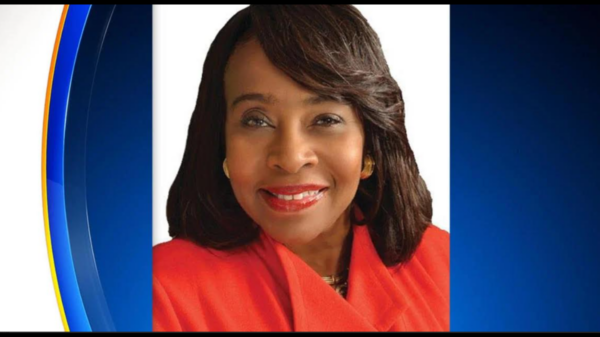

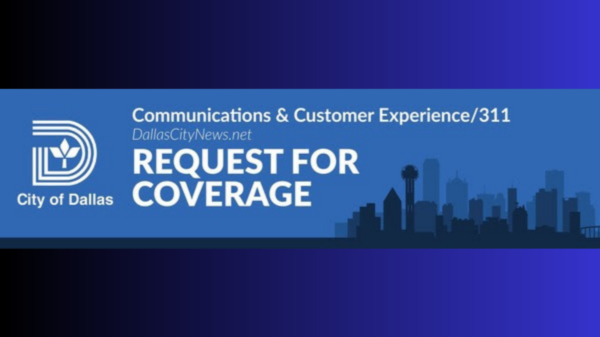

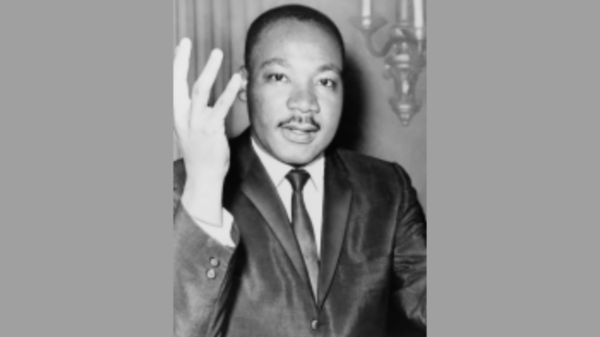
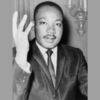
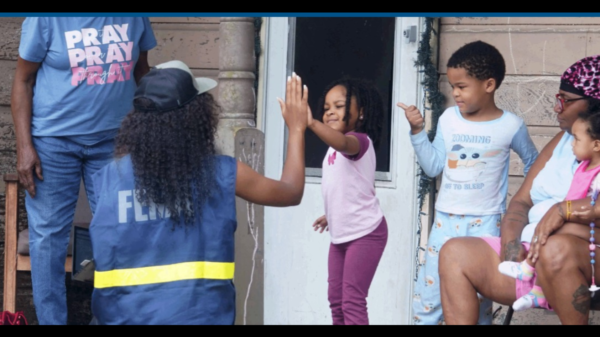

You must be logged in to post a comment Login